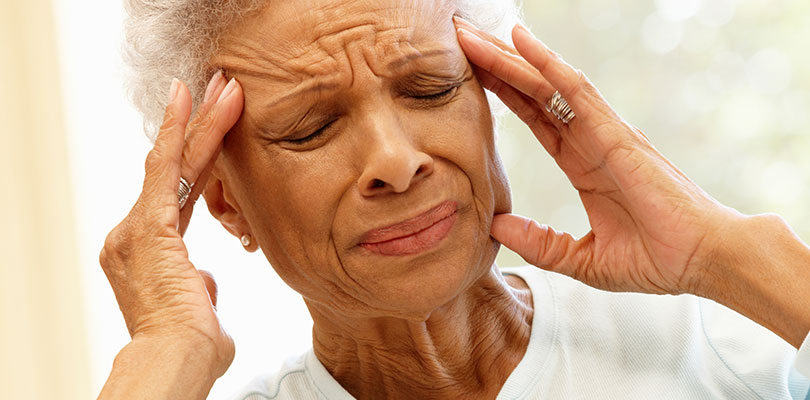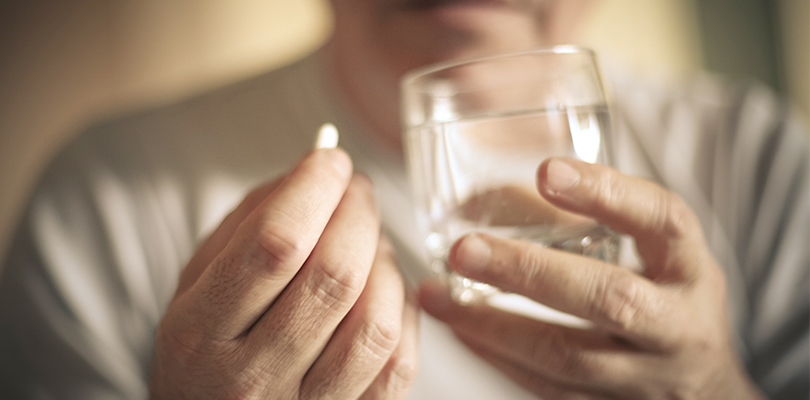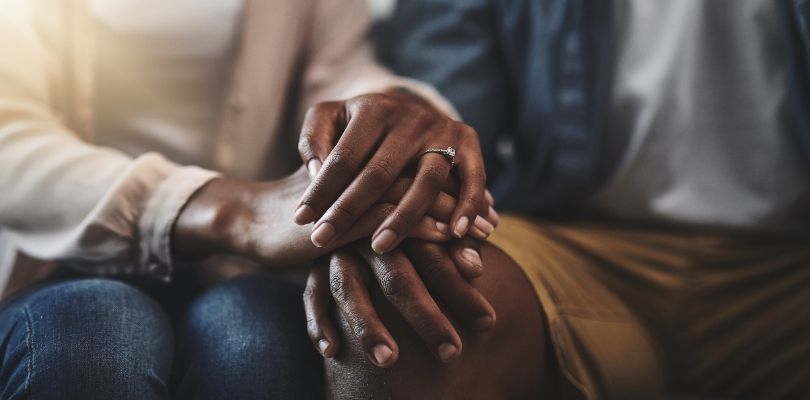Bulimia Signs and Treatment
Bulimia nervosa, usually known simply as bulimia, is an eating disorder which is characterized by binge eating (eating abnormally large amounts in a short space of time) and purging (compensating for overeating by vomiting or laxative use).
Although bulimia is an eating disorder, it often has deeper underlying causes such as past trauma, low self-esteem, or other psychological issues. For more information about bulimia signs and treatment options, keep on reading.
Bulimia Signs and Symptoms
Bulimia affects everyone differently, but there are some common signs and symptoms to look out for.
Binge Eating and Purging
Binge eating and purging are the primary signs of bulimia. This usually involves consuming large amounts of food very quickly and then purging by inducing vomiting. As well as vomiting after eating, people with bulimia may use laxatives to make them go to the toilet more or exercise excessively.
Fear of Putting on Weight
People with bulimia often have a very negative self-image and are afraid of putting on weight. People with bulimia may not necessarily be underweight or overweight, but their weight may often fluctuate due to intermittent binging, dieting, and exercise.
A Difficult Relationship with Food
People with bulimia often have an unhealthy relationship with food. They may skip meals, avoid eating in social situations, hoard food in unusual places, or become very secretive regarding their eating habits.
Bulimics may be preoccupied with food and spend much of the time thinking about it, including feelings of guilt and shame.
Mood Changes
People with bulimia may become irritable, anxious, or depressed, and suffer from a negative self-image and low confidence. It is not uncommon for bulimics to engage in other self-destructive behavior such as self-harm.
It is thought that one reason why some people become bulimic is to have a sense of control over at least one aspect of their lives.
Physical Symptoms
Bulimia can cause a number of physical signs and symptoms including:
- Digestive problems
- Abdominal pain and bloating
- Puffy or swollen face
- A sore throat, dental problems, or knuckle damage due to vomiting
People with bulimia are also at a higher risk of developing long-term problems such as permanent damage to the teeth or throat, and chronic conditions such as heart or kidney disease.
If you're looking for a long-acting, reversible contraception method, birth control implants may be right for you. Read on to learn more about this option.
Spotting Bulimia in Others
If you suspect that a friend or family member may be suffering from bulimia, there a few tell-tale signs to watch out for. These signs of bulimia include:
- Avoiding eating in public or social situations
- Disappearing soon after eating and returning looking flushed and/or smelling of vomit
- Sores or scars on the knuckles from forced vomiting
- Wearing baggy clothes to hide weight loss or gain
Treatment for Bulimia
Bulimia treatment can take time, but with a little patience and perseverance, it is possible to make a full recovery. The earlier treatment is received, the better the outcomes are likely to be.
Talking Therapy
Talking therapies such as counseling and cognitive behavioral therapy (CBT) are one of the most important ways to treat bulimia. They can help those suffering from the condition to identify triggers, cope with negative thoughts and behavior, and identify any underlying psychological trauma which may be causing the condition.
Nutritional Guidance
Guidance on how to eat well can help people with eating disorders such as bulimia to understand their nutritional needs and develop healthy eating habits.
Antidepressants
If therapy and nutritional guidance are not sufficient, antidepressants such as fluoxetine (Prozac) may be prescribed. However, patients should be made aware that these medications can take time to reach their full effect and will not make a difference overnight. They may also cause side effects such as dry mouth or dizziness and could contribute to digestive disorders such as nausea or diarrhea.
Good Dental Hygiene
It is important for people with bulimia to practice good dental hygiene to avoid permanently damaging their teeth. If you are bulimic, you should avoid brushing your teeth straight after being sick as the acidic nature of vomit can weaken dental enamel. Instead use a gentle, non-acidic mouthwash when necessary. For the same reason, you should avoid acidic foods and drinks such as fruit juice.
Visit your dentist regularly, and do not smoke as this will increase your chances of T–dental problems later on in life.
Hydration
It is also important that bulimics stay well hydrated to prevent kidney damage. Dehydration can be avoided by drinking plenty of water after vomiting or using rehydration salts or sports drinks containing electrolytes.
Bulimia Treatment Centers
Bulimia treatment centers are specially designed for people with eating disorders. They are staffed by doctors, therapists, and dieticians who are experts in the field of eating disorders and can offer physical and emotional support to anyone suffering from bulimia.
This team of qualified healthcare professionals will help you to identify your own, unique needs and build a treatment plan which is specially tailored to suit you. This will help you to build a better relationship with food, heal underlying psychological issues, and take steps towards recovery and a healthier, happier life.







